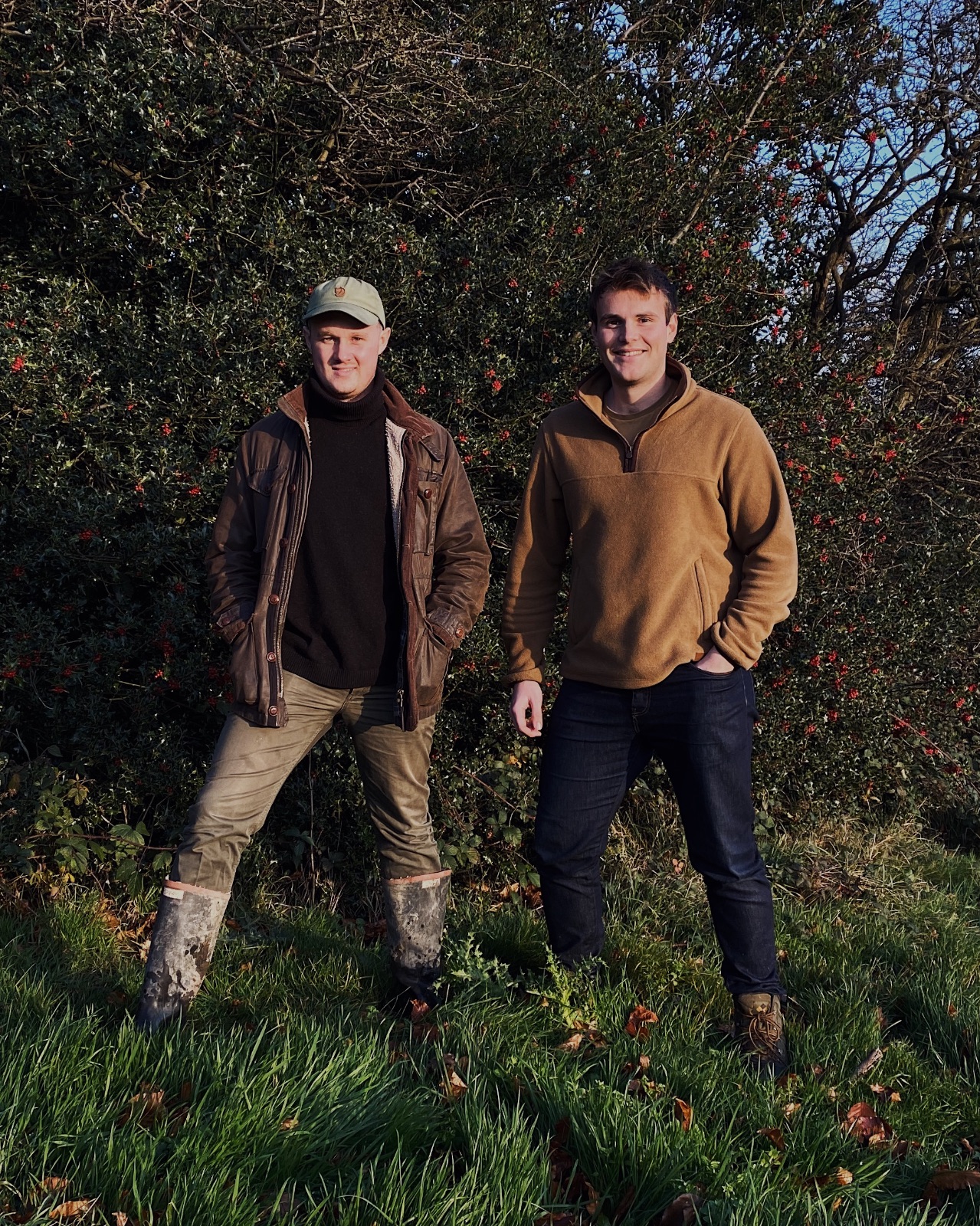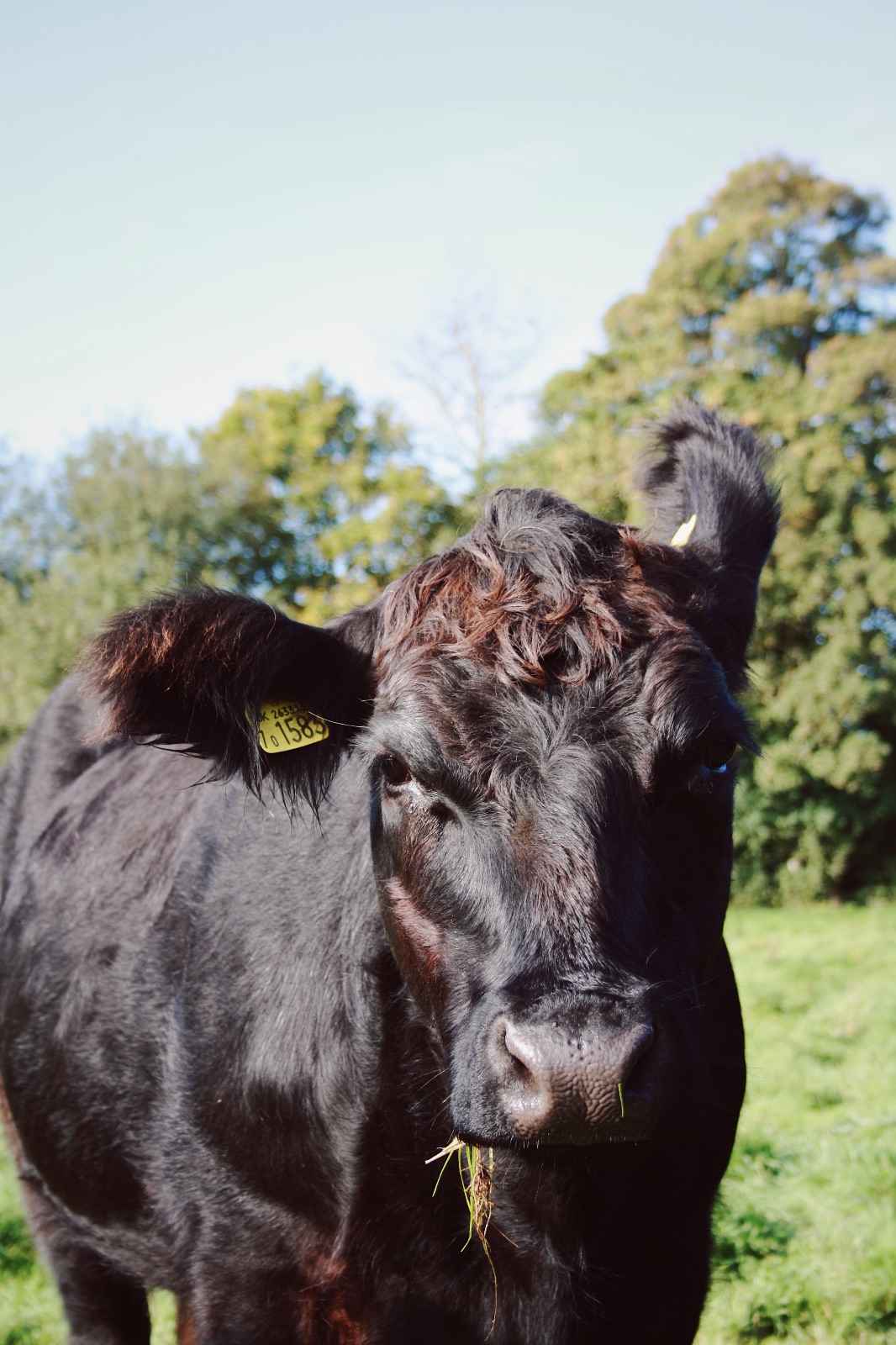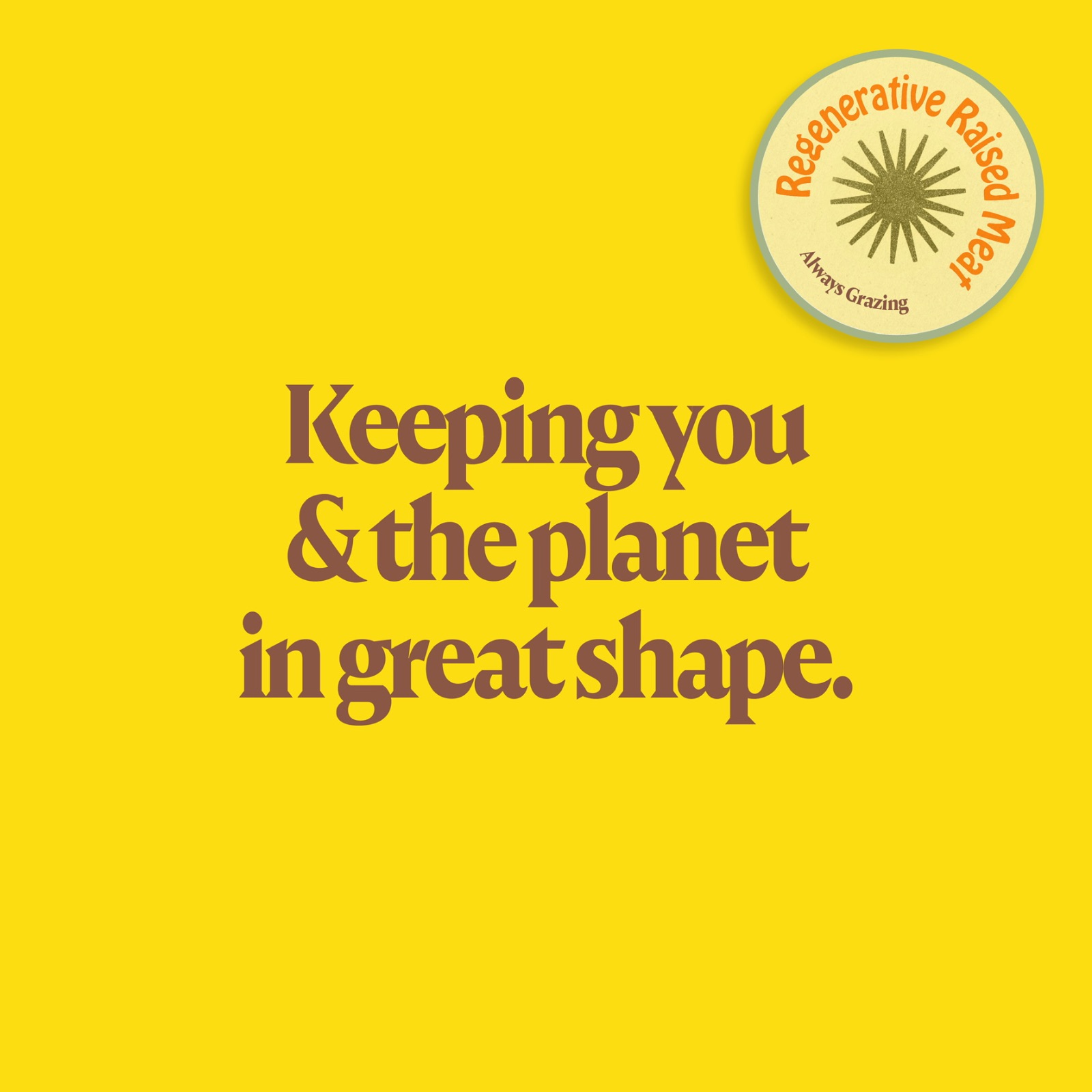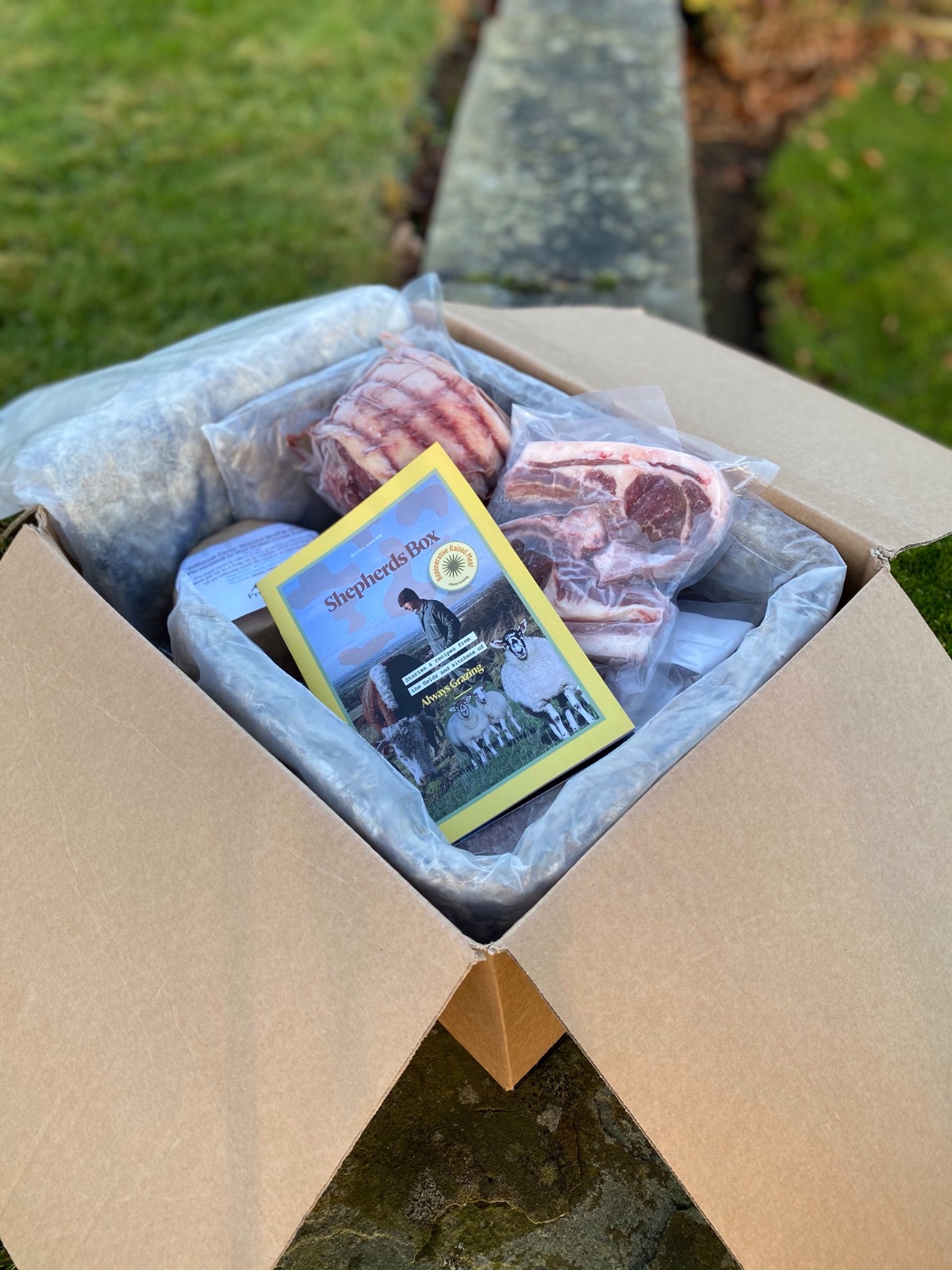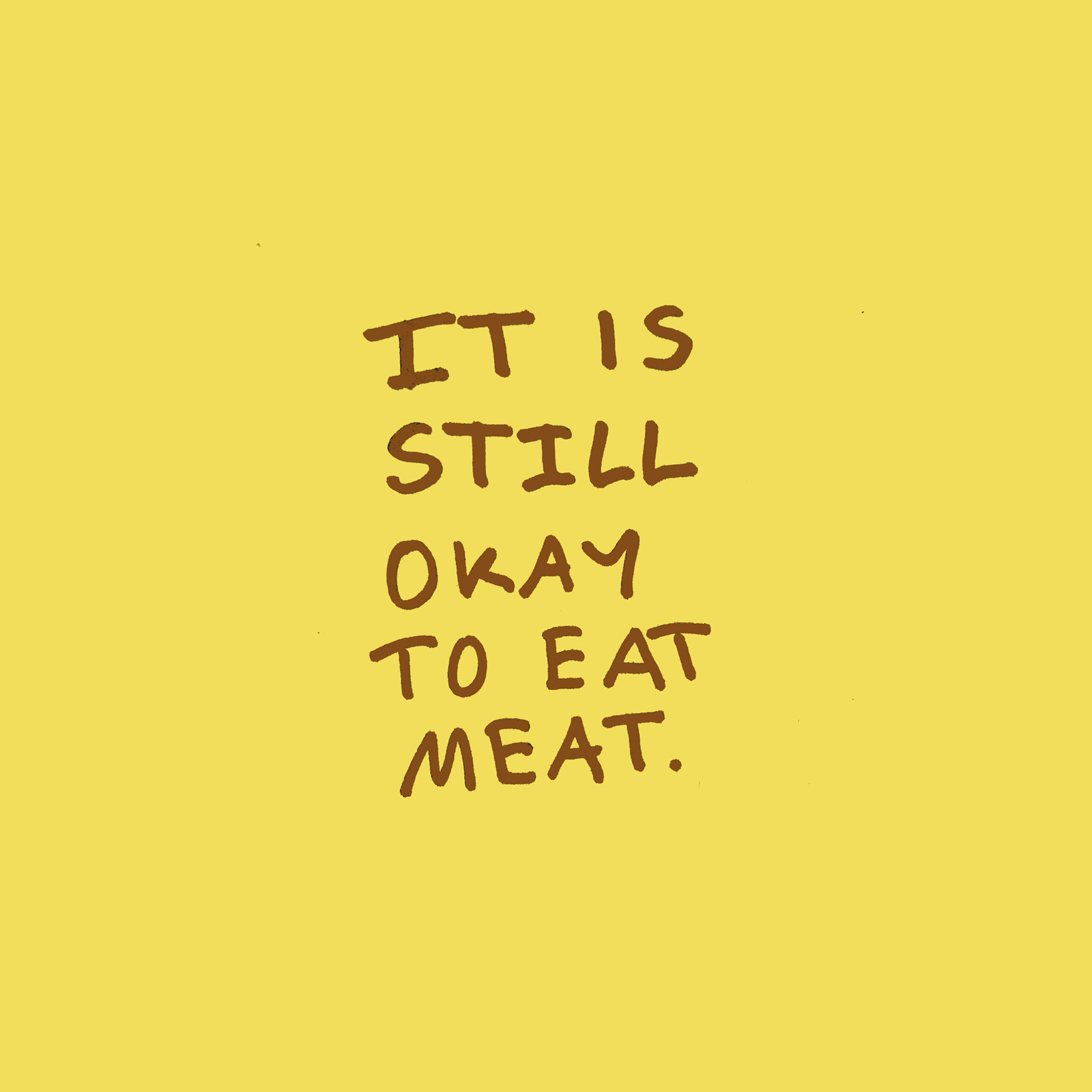What is regenerative agriculture? And Why is it important?
Here at Jolly Allotment for the health of our gut and for our planet we know how important soil health is. We also know the health benefits of a truly balanced diet. For us eating an 80% plant based diet with 20% well source organic or regeneratively farmed meat is essential to our health.
But... What is regenerative agriculture? And Why is it important?
To tell us we’ve enlisted the help of Alex from Always Grazing. A new Yorkshire based regenerative online butcher. We are so excited about the work these guys are doing to help educate and make better meat choices more accessible to us all!
Officially, ‘regenerative’ is a farming phrase, but in reality it is a mindset we can all take on board.
‘Regenerative’, comes from the word ‘regenerate’, which means to restore to a better state.
This encompasses regenerating the soil, land and local wildlife. But, also regenerating your body through better nourishment and restoring local communities. Long before the dawn of the supermarket, meat was a sacred part of our diets. Friends, families and neighbours banded together to buy livestock from local farmers, divvying up the butchered parts into every imaginable cut, feeding a whole community for months. Our food is now little more than a bland commodity on a supermarket shelf. We end up putting more thought into choosing our builder or hairdresser than the person who grows our food.
Our cultures desire for cheap meat has created a food and farming system that is damaging to our lands and is an ethical nightmare for animals. Soils are being degraded by over grazing, tilling and using pesticides & fertilisers.
The regenerative movement aims to change this.
A regenerative farm uses a system of agricultural principles and practices that increases biodiversity, enriches soils, improves watersheds and enhances ecosystems. This usually involves holistic planned grazing, which means regularly rotating livestock around new pastures. This mimics the movements of wild herding animals in nature. Cows and sheep are prey animals, and in the wild they would move regularly in a bunched group to find fresh grass to graze on whilst keeping predators at a distance.
Cows will urinate, defecate and trample seeds and pods back into the soil and move on to fresh pasture. By the time they return 60 days later their natural fertiliser has created an incredible growth spurt. All that extra plant growth puts carbon back into the soil, this helps in reversing current global trends of atmospheric accumulation of carbon dioxide.
In well-managed systems without antibiotics or drugs given to animals, large dung beetle populations are re-established. These dung beetles help break down manure, and recent studies found they help to mitigate methane emissions from it by providing ways for oxygen to circulate as they tunnel, preventing methane formation.
Regenerative farms aim to mimic animals’ natural movements and instincts, allowing them to feed on a wider variety of grasses and legumes, forage for berries, acorns and insects. So, they taste like a wild animal should taste, healthier and more flavoursome! Grass fed meat and full-fat dairy products are some of the most nutrient-dense foods on the planet, the nutrients are easy for us to absorb as the animals have done all the work for us, converting inedible grass into essential nutrients.
Does it really help the planet?
Nonprofit ‘Regeneration International’ claims that transitioning 10% to 20% of agricultural production to best practice regenerative systems will sequester enough carbon dioxide to reverse climate change.
Bad practices in farming certainly do not benefit our planet. But, there’s a growing group of farmers out there farming regeneratively - these are the guys who hold the key to better soils, food security and ecological rehabilitation. You can support the movement by buying 100% pasture fed meat, supporting local wildlife causes and spreading the word about a more nutritious diet!
If you’re looking for a source, Always Grazing will help you out. You can find us on Instagram where us and the regenertarive community hang out most. @alwaysgrazing
We launched Always Grazing in September 2020, after visiting a number of regenerative farms. We witnessed the power of mob grazing in its ability to regenerate soil and sequester carbon from the atmosphere. We began to build a community through a shared love of food, cooking, living well, human anthropology, the environment, hunting, farming and wildlife and before long it caught on. People started to take note of what meat they were eating and decided they wanted better.
Every Wednesday we release a 'box of the week' which is always £40. This contains a variety of regenerative produce, from roasts to chickens to steaks. We also have a full product range available here.
We hope you’ll support our movement and join our community.
Alex and Eddy.
Please go and check these guys out so much knowledge and a strong community mindset just like Jolly Allotment.
www.alwaysgrazing.com
Regenerative farms use less antibiotics on their heard as the natural way of farming leads to less need so these meats are so much better for our own mirobiome as well as the eco system of the planet.
Need more Proof ??
Watch 'Kiss the ground' on Netflix it will open your eyes to how soil can heal the world and how we need to change our farming to help do so. We can only change the system if we change our daily choices so please consider buying your meat from these guys and not from the big super markets!!!! It is so important we make a change and that change starts with you!
Thank you to Always Grazing for the guest edit!!! Love what you do and stand for so what a privilege to have you write for our community!
Thank you!! Polly x
